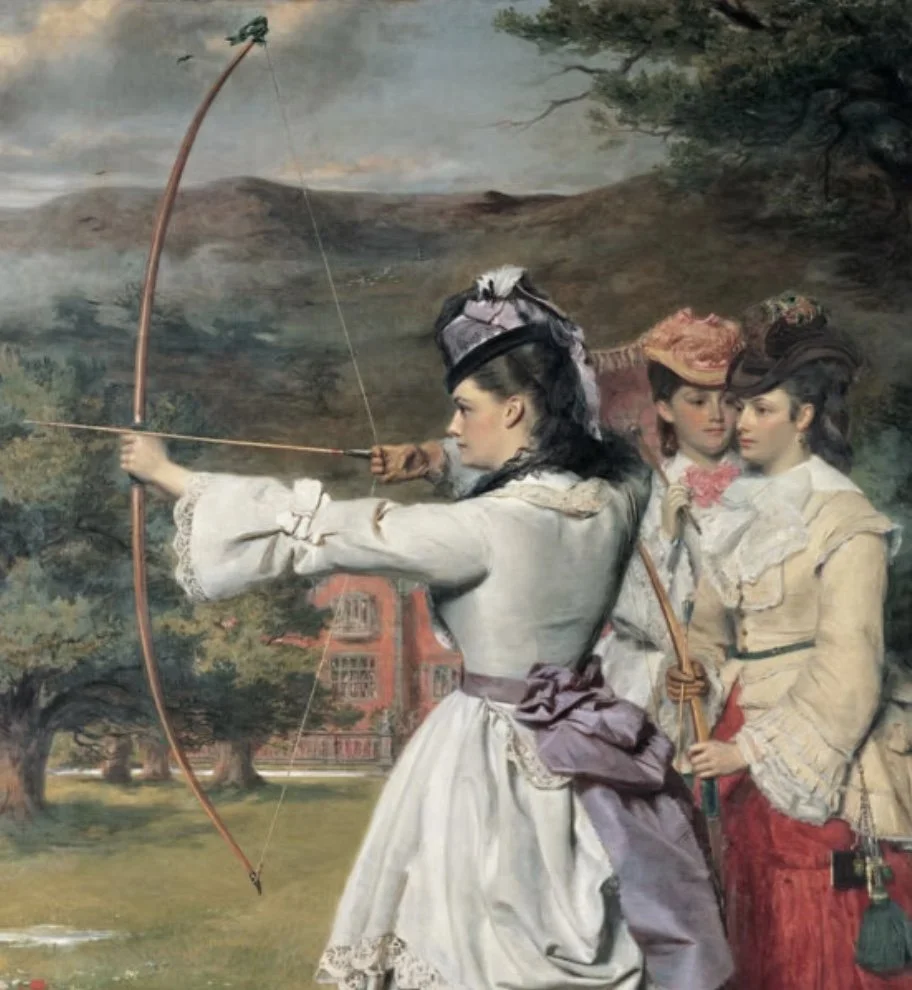 Image 1 of 1
Image 1 of 1


(Zoom) George Eliot's Daniel Deronda
Instructor Jo Ann Citron will teach this class Mondays 1-3pm October 27th-December 15th.
George Eliot (1819-1880) is the greatest of the 19th Century realists. She might be best known for Middlemarch (1871) but Daniel Deronda (1876) is her masterpiece. It intertwines two tales within its pages: the first is Gwendolen Harleth’s courtship and marriage story familiar to us from Jane Austen onward. Her counterpart is Daniel, a young man of obscure origins who commits his life to the establishment of a Jewish homeland in a book written a decade and a half before the word “Zionism” was coined. The novel places Jews at its heart and treats the Jewish characters with a sympathy and respect that are unique in fiction of the period. Moreover, in placing the familiar marriage plot within a vast novel of new ideas, Daniel Deronda may justly be considereded an “experimental” novel. The question I ask myself each time I read the book is whether it is the last great Victorian novel or the first modern one. As the hinge between Jane Austen and Henry James, this novel, more than any other I can think of, consolidates one fictional form and anticipates the next one. (Limited spaces available, 15 student max.)
We will use the Oxford edition pictured above available at
Instructor Jo Ann Citron will teach this class Mondays 1-3pm October 27th-December 15th.
George Eliot (1819-1880) is the greatest of the 19th Century realists. She might be best known for Middlemarch (1871) but Daniel Deronda (1876) is her masterpiece. It intertwines two tales within its pages: the first is Gwendolen Harleth’s courtship and marriage story familiar to us from Jane Austen onward. Her counterpart is Daniel, a young man of obscure origins who commits his life to the establishment of a Jewish homeland in a book written a decade and a half before the word “Zionism” was coined. The novel places Jews at its heart and treats the Jewish characters with a sympathy and respect that are unique in fiction of the period. Moreover, in placing the familiar marriage plot within a vast novel of new ideas, Daniel Deronda may justly be considereded an “experimental” novel. The question I ask myself each time I read the book is whether it is the last great Victorian novel or the first modern one. As the hinge between Jane Austen and Henry James, this novel, more than any other I can think of, consolidates one fictional form and anticipates the next one. (Limited spaces available, 15 student max.)
We will use the Oxford edition pictured above available at
